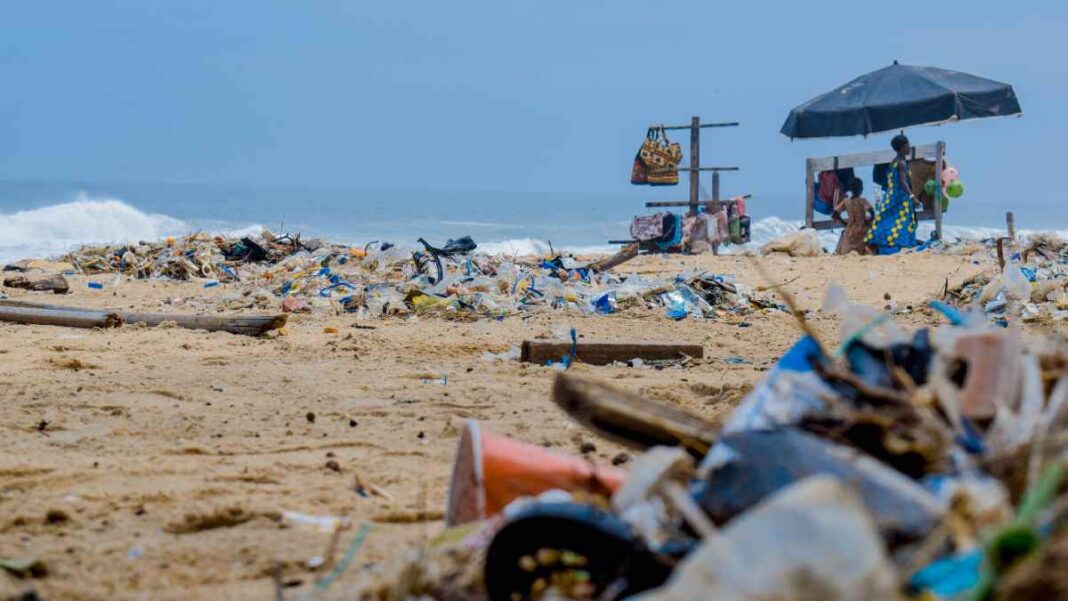UNITED STATES/INDIA: According to a recent study, the amount of plastic in the world’s oceans could nearly triple by 2040, posing a serious threat to marine life and the environment.
Ocean plastic pollution: An alarming call from nature
The study, published in the journal “Nature Communications,” estimates that there are already over 170 trillion pieces of plastic particles in the world’s oceans, and this number is expected to increase to 600 trillion by 2040.
The study’s researchers used a model to predict the amount of plastic that could enter the oceans over the next two decades based on current trends in plastic production and waste management.
They found that the amount of plastic in the ocean could increase by as much as 20 times in some areas, such as the Mediterranean and Bay of Bengal, if action is not taken to reduce plastic waste.
The impact of plastic pollution on marine life is already well documented, with reports of animals becoming entangled in plastic waste or mistaking it for food.
The study’s lead author, Dr. Denise Hardesty, warns that the increasing amount of plastic in the oceans could have far-reaching consequences.
“Plastics in the ocean are not going away,” says Dr. Hardesty. He added, “They are breaking up into smaller and smaller pieces and are being ingested by marine animals, which can lead to starvation, suffocation, and a host of other problems.”
The study’s authors suggest that urgent action is needed to address the issue of plastic pollution, including measures to reduce plastic production, improve waste management, and promote the use of sustainable alternatives.
They also highlight the need for international cooperation to tackle the issue, as plastic pollution is a global problem that requires a global solution.
The findings of this study serve as a stark reminder of the urgent need to address the issue of plastic pollution.
With plastic production continuing to rise, it is vital that we take action now to prevent the further degradation of our oceans and the ecosystem they support.
Also Read: Secrets of Evolution Could Unfurl with New Study of Ancient Human Protein



